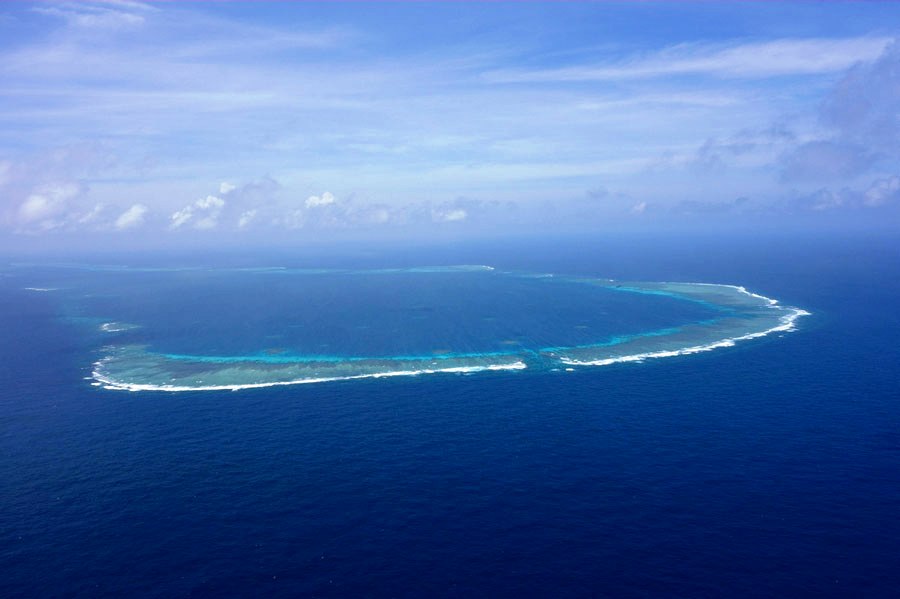Manila's intent to destabilize region exposed: China Daily editorial


The disputes in the South China Sea are long-standing, with many overlapping territorial claims in the waters by various countries in the region. With regard to the competing claims with China, the Chinese government has reiterated time and again on different occasions that the disputes should be settled through talks.
There would be no confrontation between the Philippines and China in the South China Sea had the Philippine side chosen to hold talks with China or followed through on its agreement to shelve the differences between them and jointly explore and exploit the resources in the disputed waters. Maritime issues do not comprise the sum total of relations between the two countries and the much better bilateral relations between the two countries under the previous Philippine government suggest that if the two countries could better manage their maritime disputes their bilateral relations would be more productive.
That China has developed good neighborly ties with other countries which also have disputes with it over maritime territories indicates that the maritime disputes, if managed well, need not stand in the way of developing sound bilateral relations between neighboring countries.
But with Washington having Manila's ear, the Philippines is going farther away from settling the maritime disputes peacefully. In its latest indication of this, it announced on Monday it planned to acquire the Typhon missile system from the United States as part of a push to secure its maritime interests.
The US deployed the mid-range missile system in the northern Philippines in April when the two militaries were conducting joint military exercises and left it there. The announcement means that the Philippines is going to pay for this system and probably buy more.
The Philippine government could have saved the money on the procurement of such a costly missile system if it really wanted to settle its disputes with China through peaceful means or shelve the disputes for common development through talks.
Beijing has repeatedly urged Manila to refrain from illegal and invalid actions that infringe upon China's territorial sovereignty and maritime rights and interests in the South China Sea.
However, the Philippine government has chosen to play the role of a pawn in the US geopolitical game in exchange for the military umbrella of Washington. The current Philippine government is buying arms from the US and allowing the US forces to have more military bases on its territory as it is soliciting support from Washington for its confrontation with China in the South China Sea.
Clearly, it has forgotten the misfortune that has befallen those regimes which have adopted a similar strategy in pursuit of their ends only to be discarded by Washington when no longer part of its plans.
By buying the Typhon missile system from the US, the Philippines will only increase tensions in the South China Sea and further worsen its relations with China and other neighboring countries.
China is not looking for conflict with the Philippines in the South China Sea. But it will not give up sovereignty over its territories in the waters. Even in the worst-case scenario, it would be impossible for the Philippines to win a conflict with China even with the US missile system.
The purchase will only fuel the arms race in the region, which will make the Philippines' periphery situation even worse, and make it harder for it to develop its economy and improve the well-being of its people.
It is hoped that the Philippine government will realize that it has gone too far in the way it has chosen to confront China and it will not do it any good in the long run.
Beijing has urged Manila to immediately stop any unilateral moves that may escalate the disputes or complicate the situation, and uphold peace and stability in the South China Sea through concrete action.
The two sides have previously agreed to jointly manage differences on maritime issues and work for de-escalation in the South China Sea. Manila should hold true to that course.


































